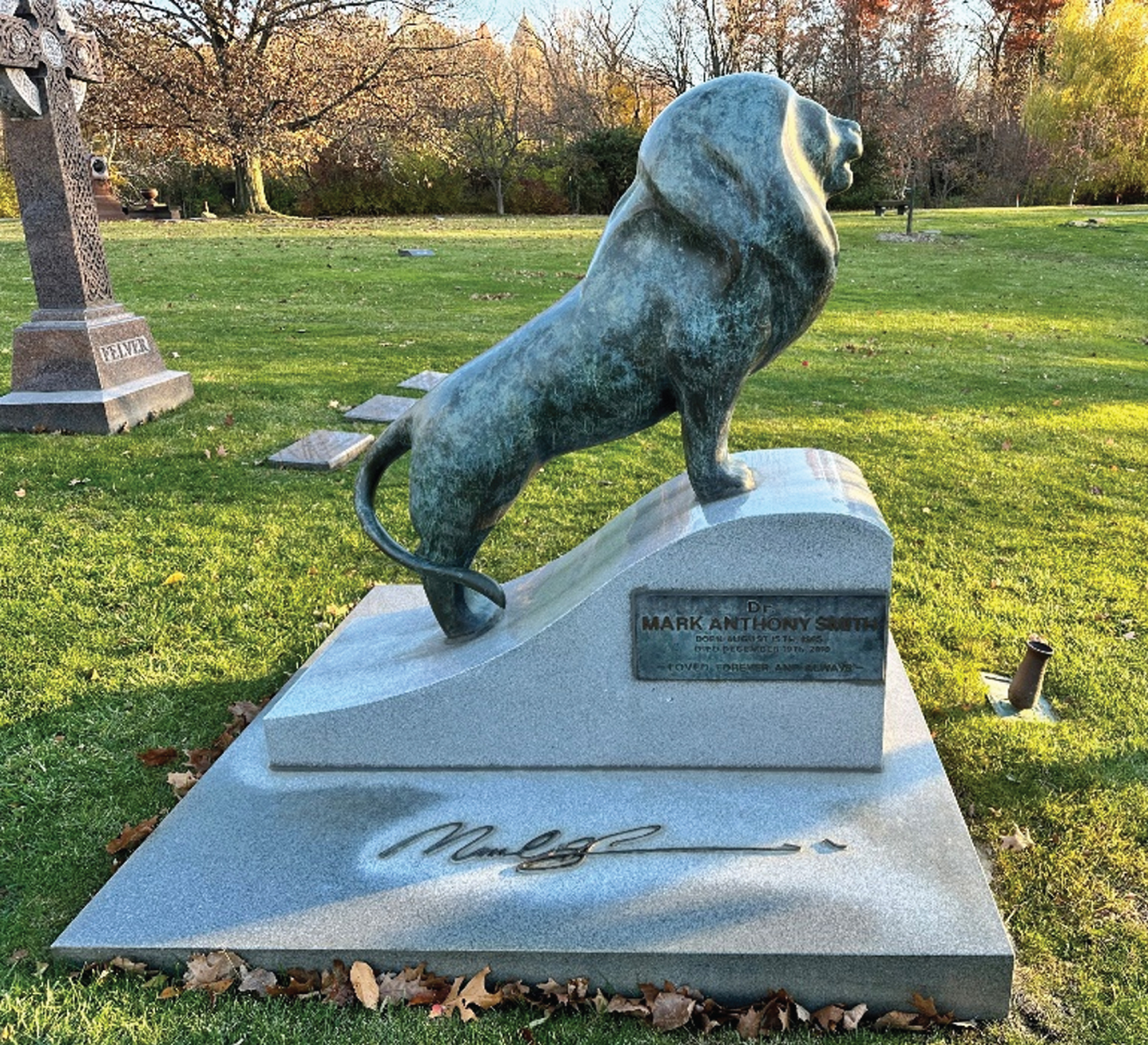JAD’s Glorious 100 Volumes
One hundred volumes; over 10,000 articles; nearly 300,000 citations; H = 170. Just numbers, that most use to sum their impact. JAD is not numbers, but the dream of a journal focused on a community, committed to changing the course of Alzheimer’s disease (AD). For nearly 30 years JAD has maintained that goal by enhancing new ideas, new geographic regions, and fostering careers in AD research.
Mark Smith and I shared that vision, and it is my greatest loss that he is not here to share in this moment. When Hossein Ghanbari proposed I edit JAD, and having discussed the prospect with my mentor, Pierluigi Gambetti (who said if I did so, it must be successful), I embarked on meeting Einar Fredriksson, IOS Press president, and outlined ideas to form a journal that focused on innovation and community. He thought it was overly ambitious. However, as I learned, in the first years of completing JAD without indexing, it is quite a task to begin an independent journal. Thanks to the support of so many, we succeeded. Notable were James Geddes, Ralph Martins, and the JAD authors who were necessary for inception. As so many know, the critical element was efficiency and professionalism in the name of Beth Kumar. Through it all we maintained our focus on community and mentorship, for which we were penalized by indexing services viewing it as editorial collusion rather than how we enveloped the community to publish many-fold more articles on AD than any other journal, by following the community rather than artificial metrics that do little to benefit authors.
To return to Mark Smith, it was our friendship and collaboration, and the desire to divert AD research from futile cycles, that formed the core of JAD. We thought it essential to have a journal that embraced diversity of novel ideas rather than starting with dogmatic views. Mark was an amazing spirit, and as those close to him know, this often led to “over the top” ideas. Nearly 14 years ago he tragically left us, and it is in his honor that we dedicate this issue.
George Perry





